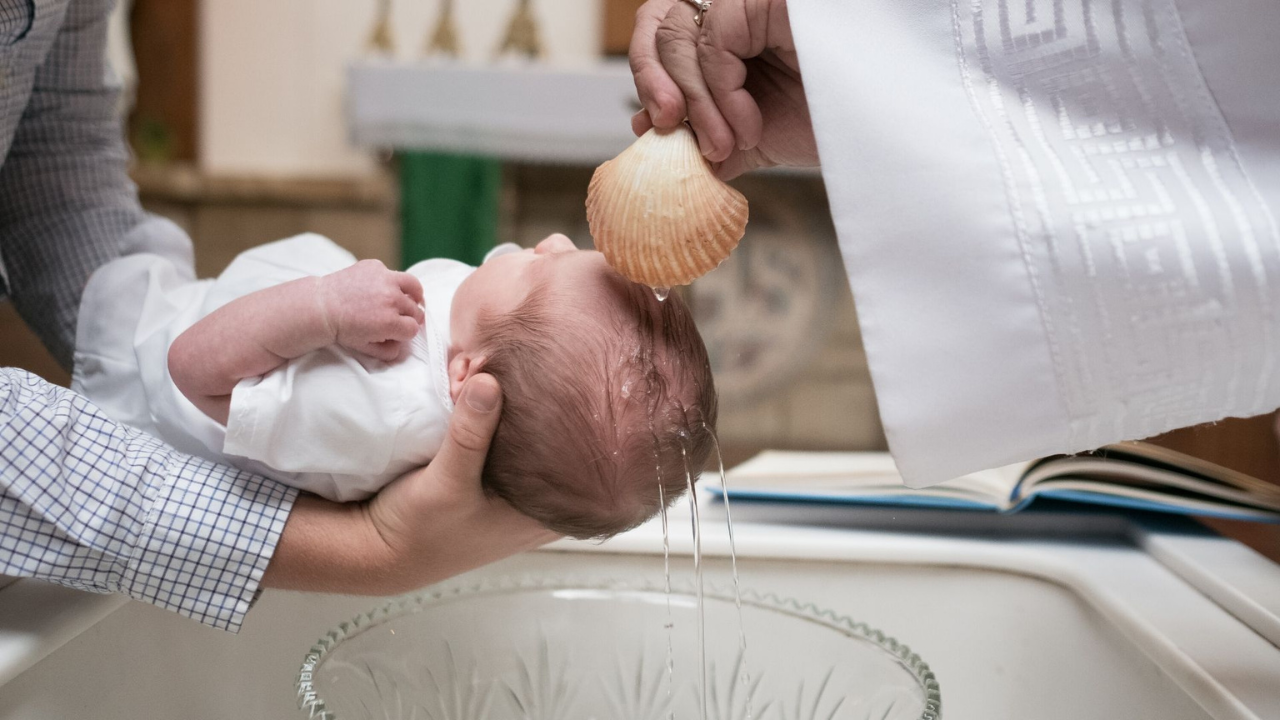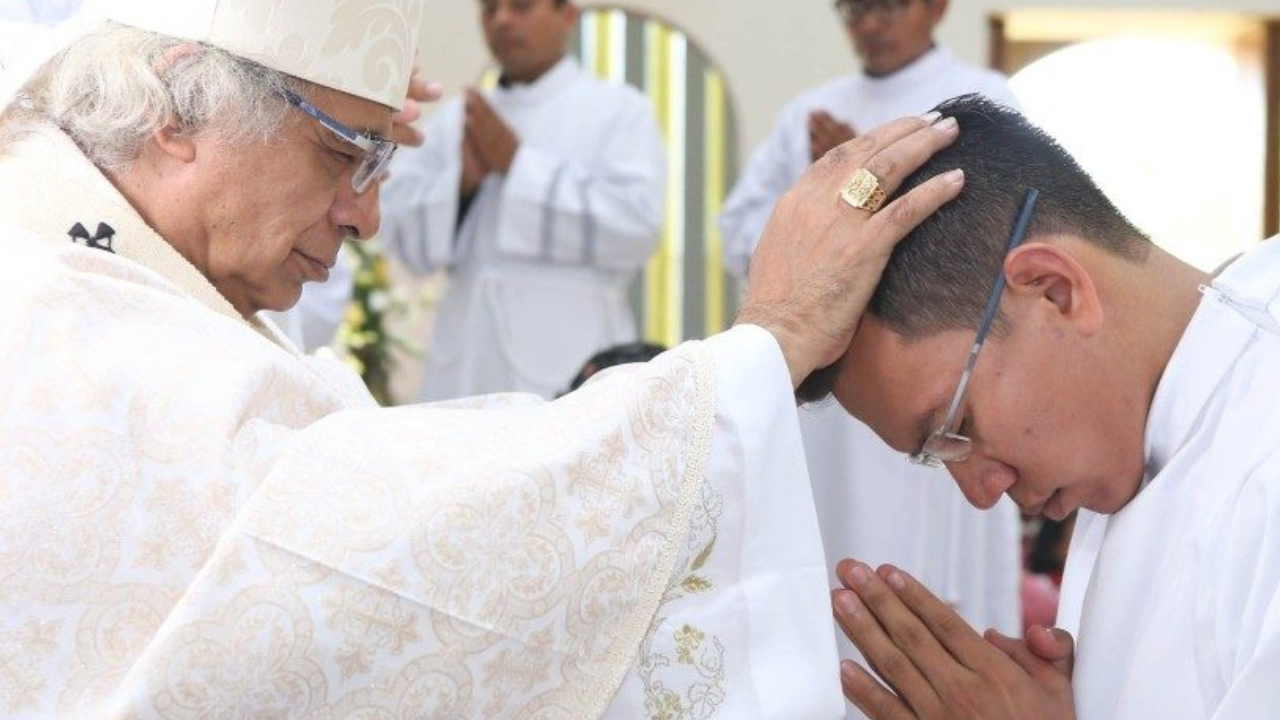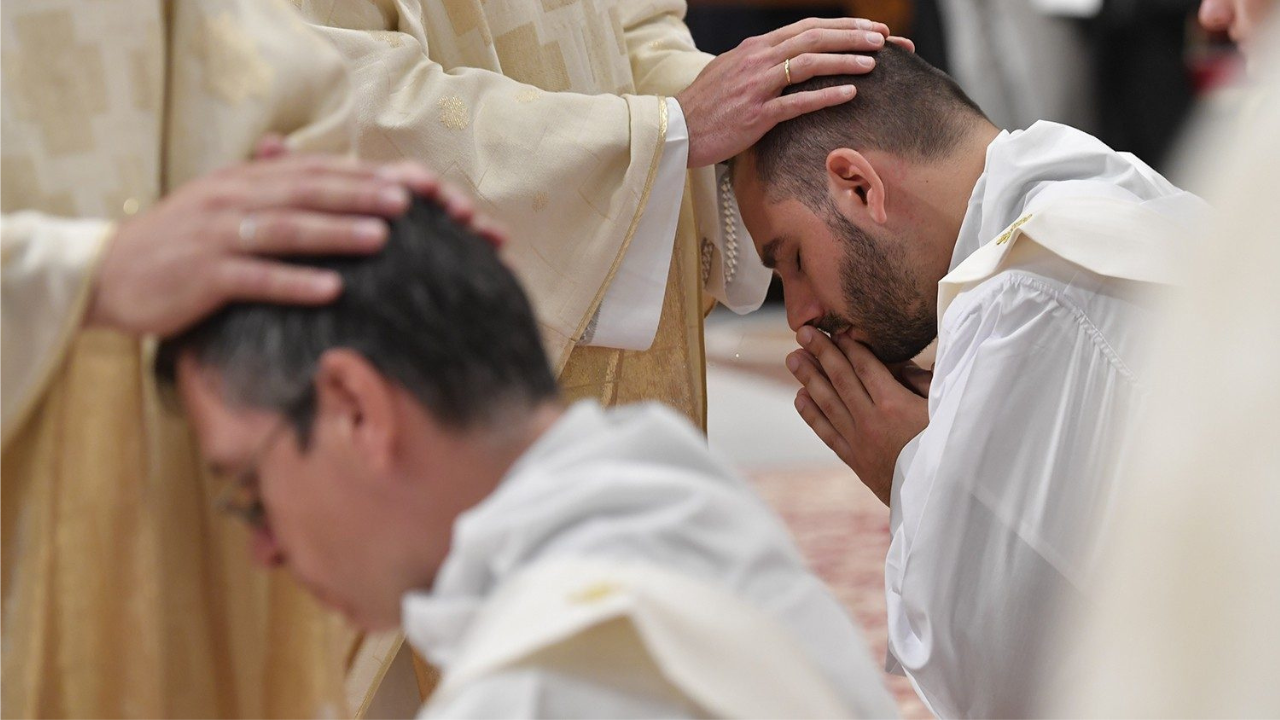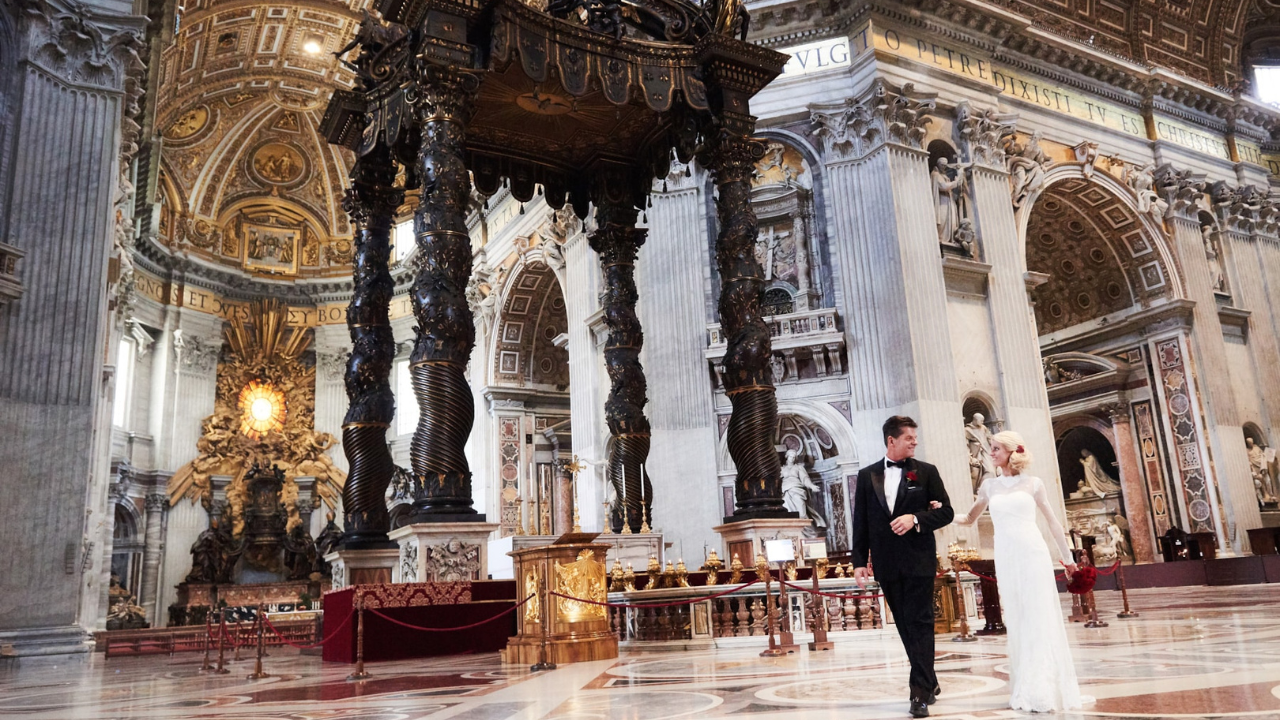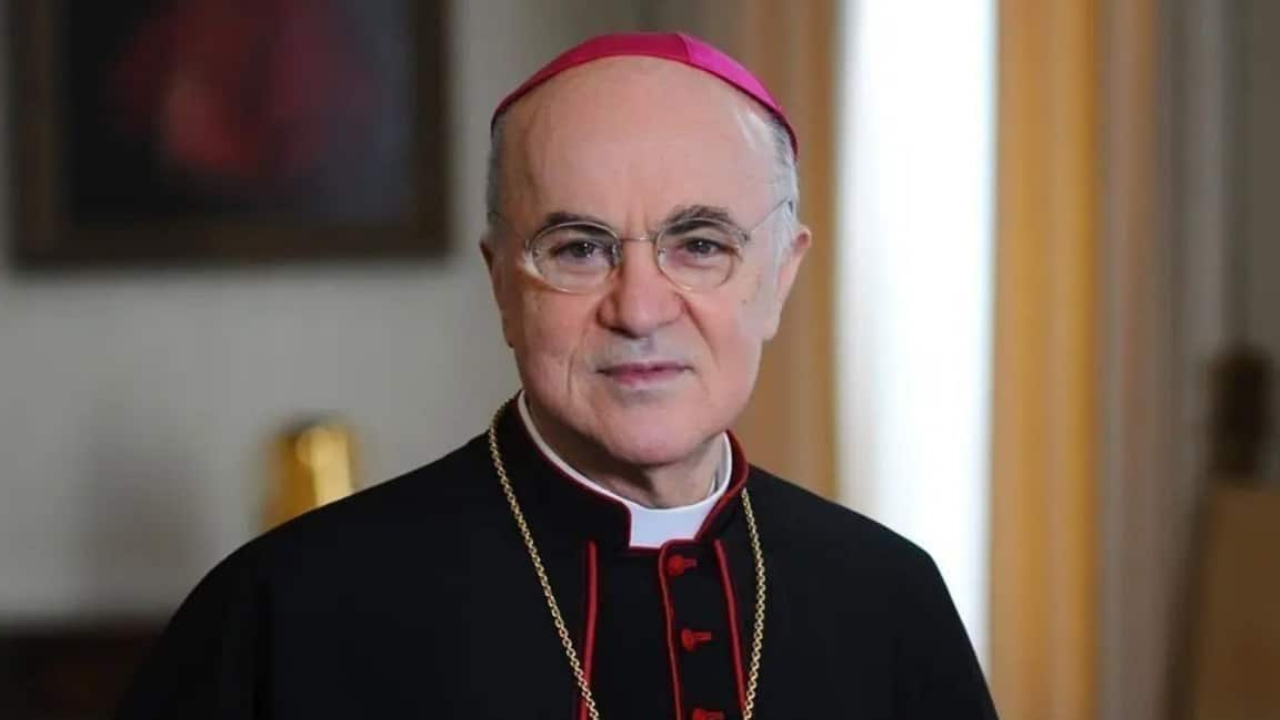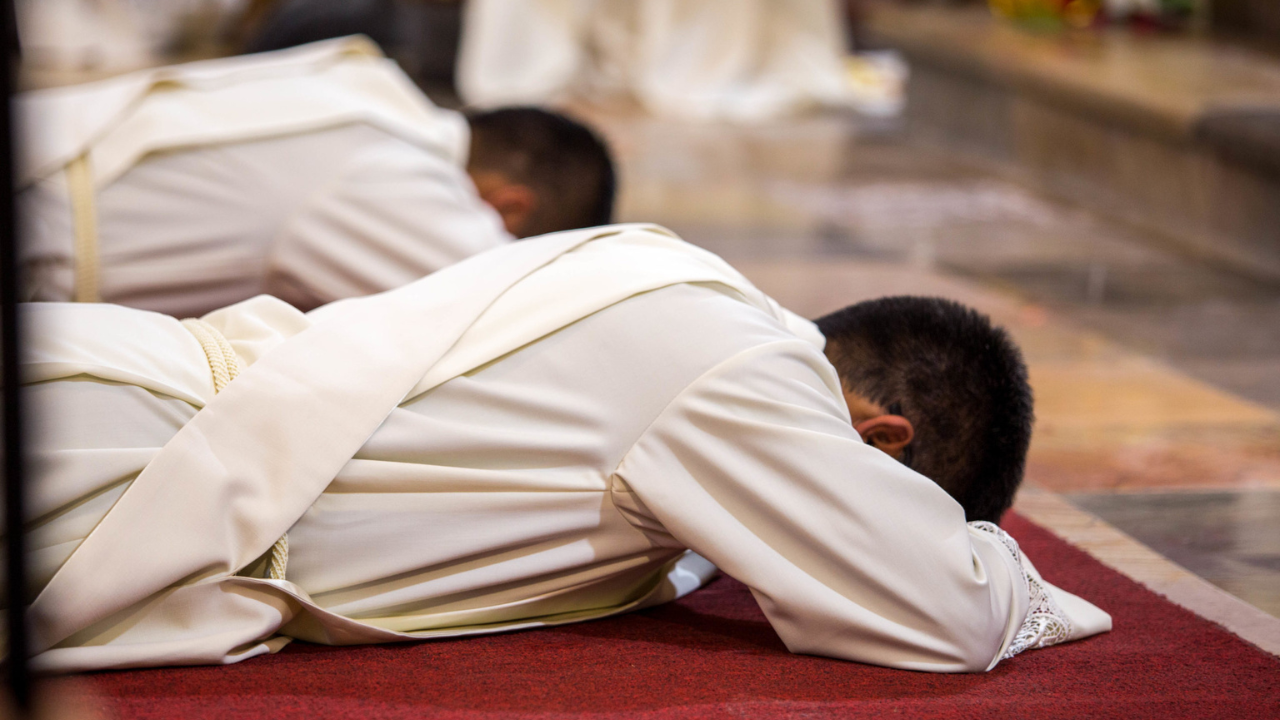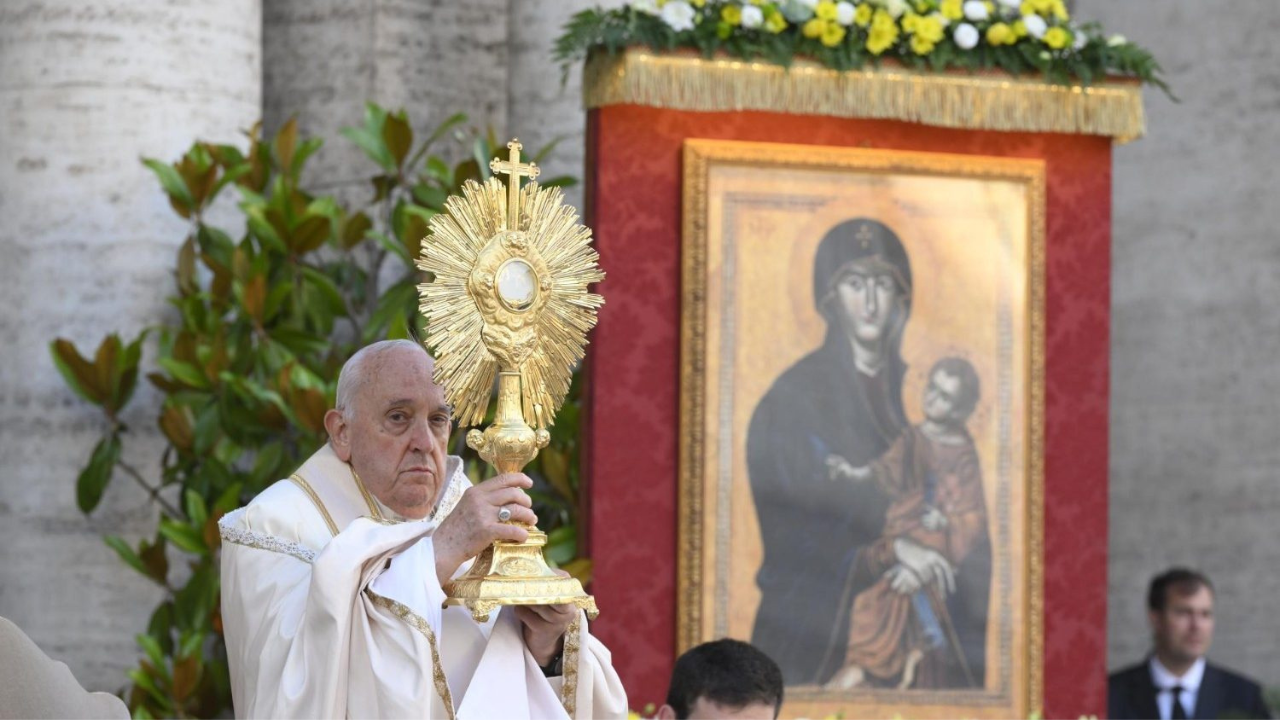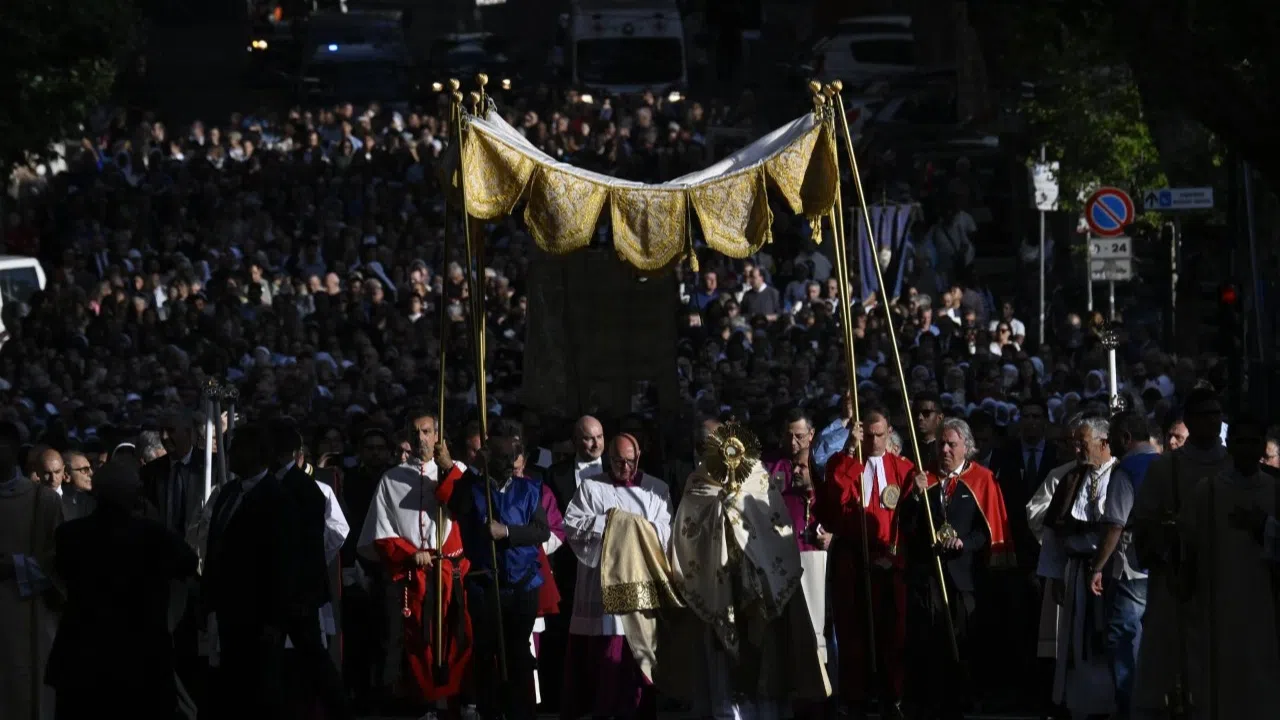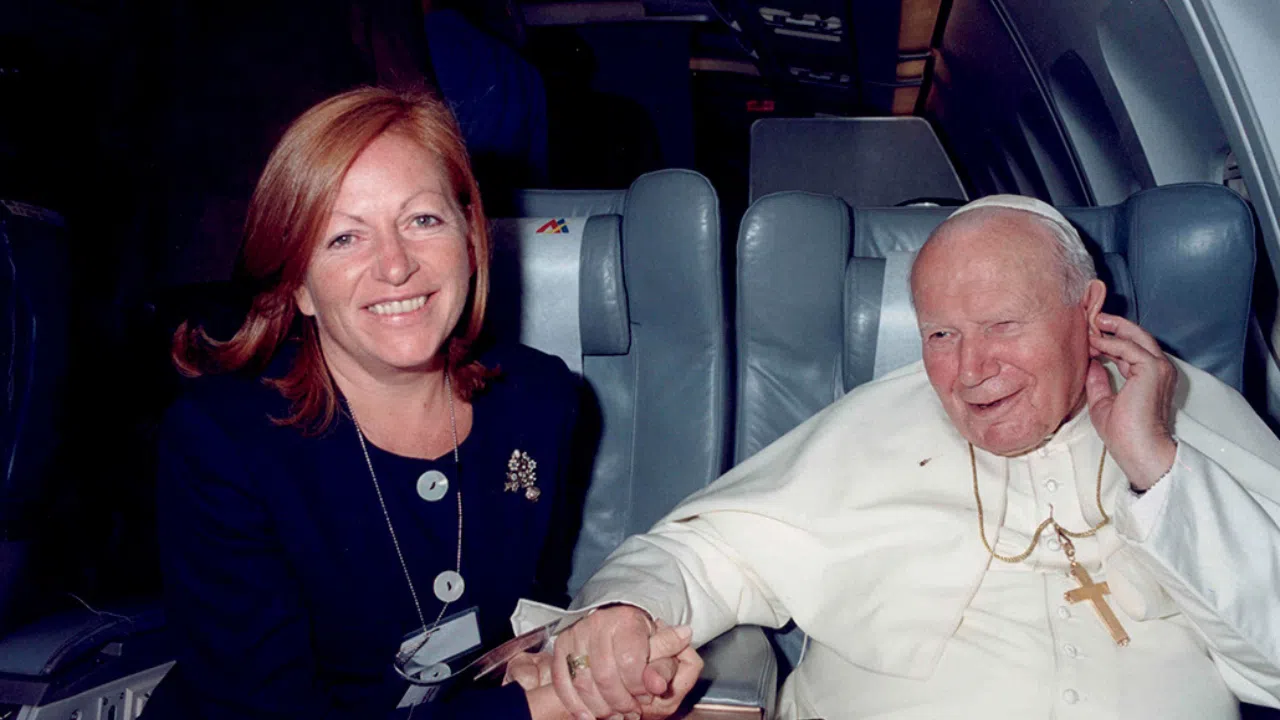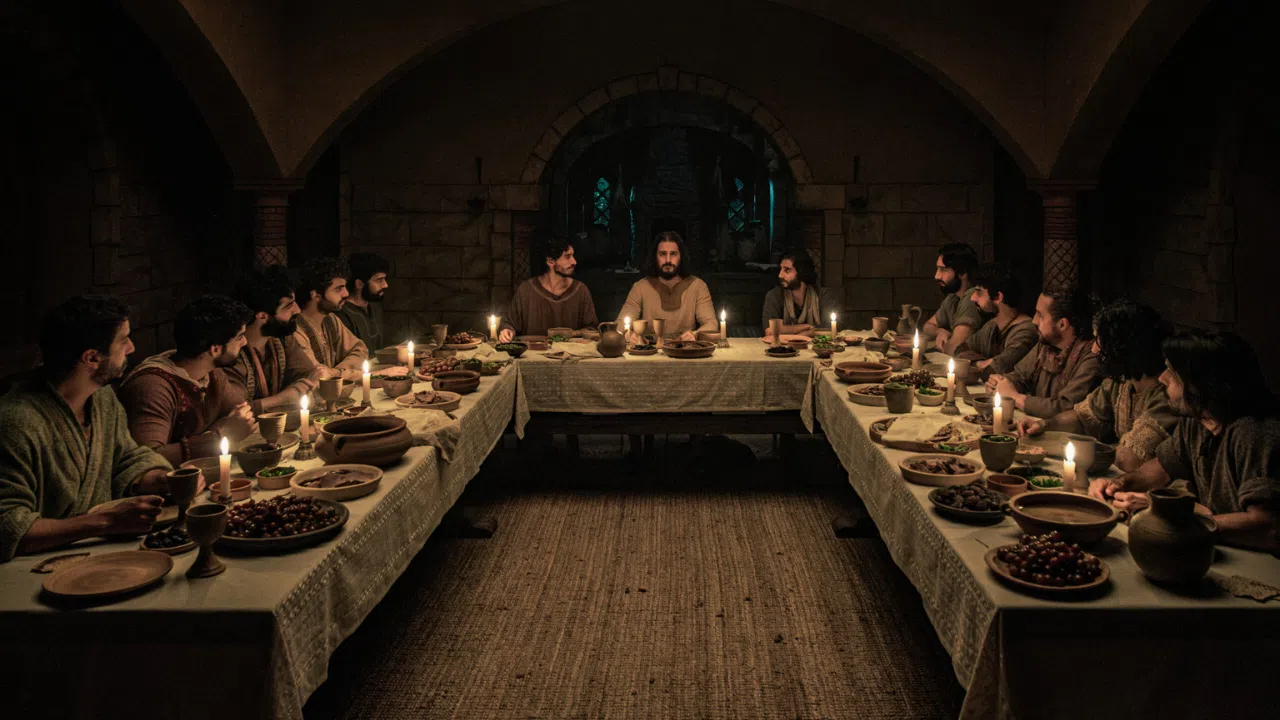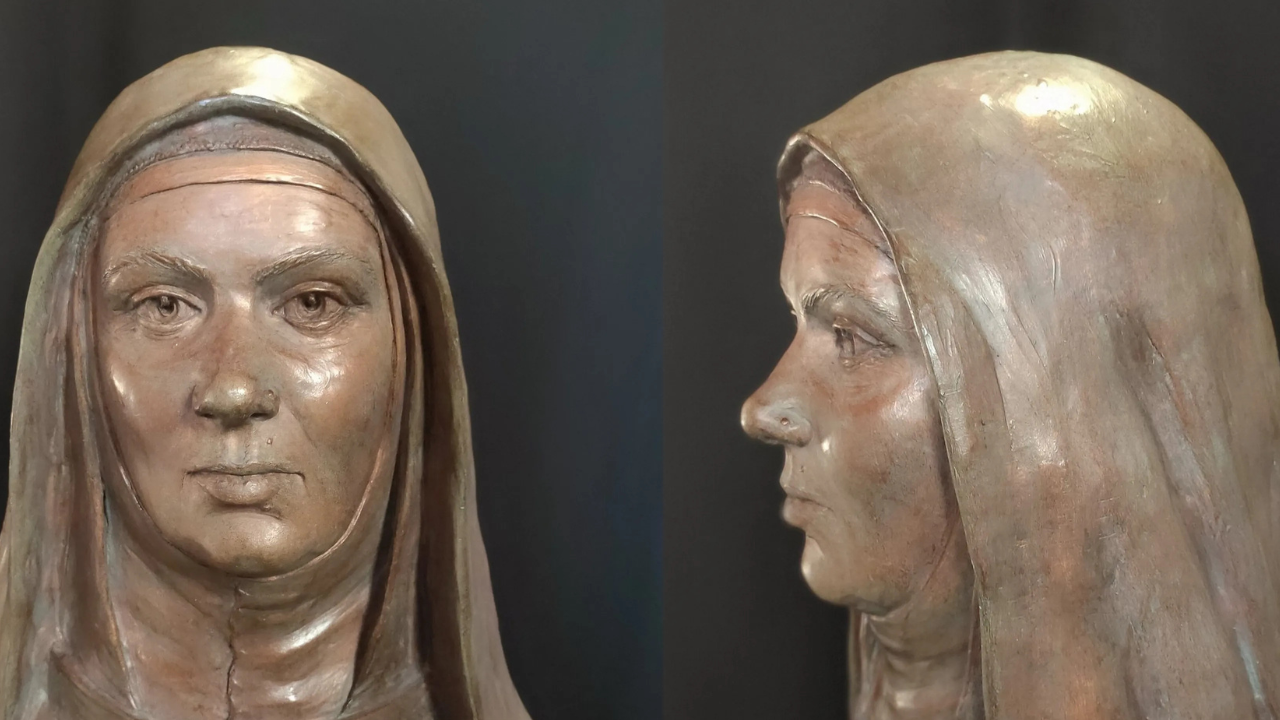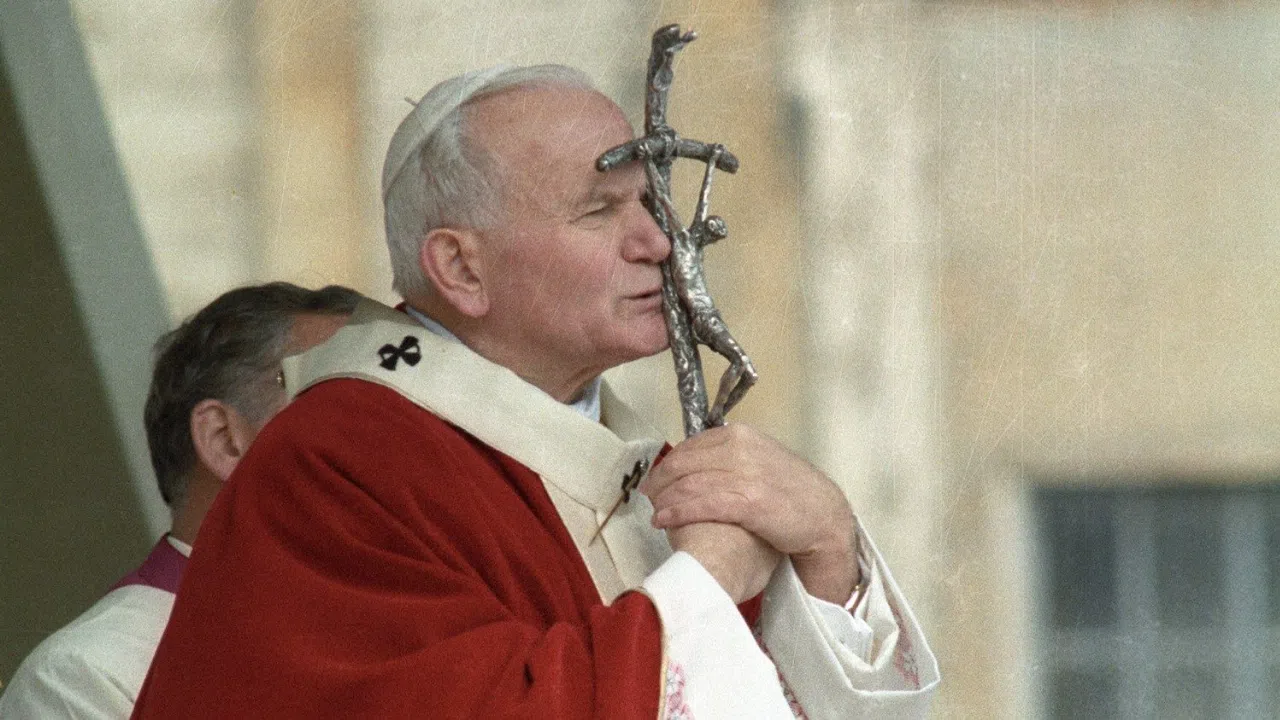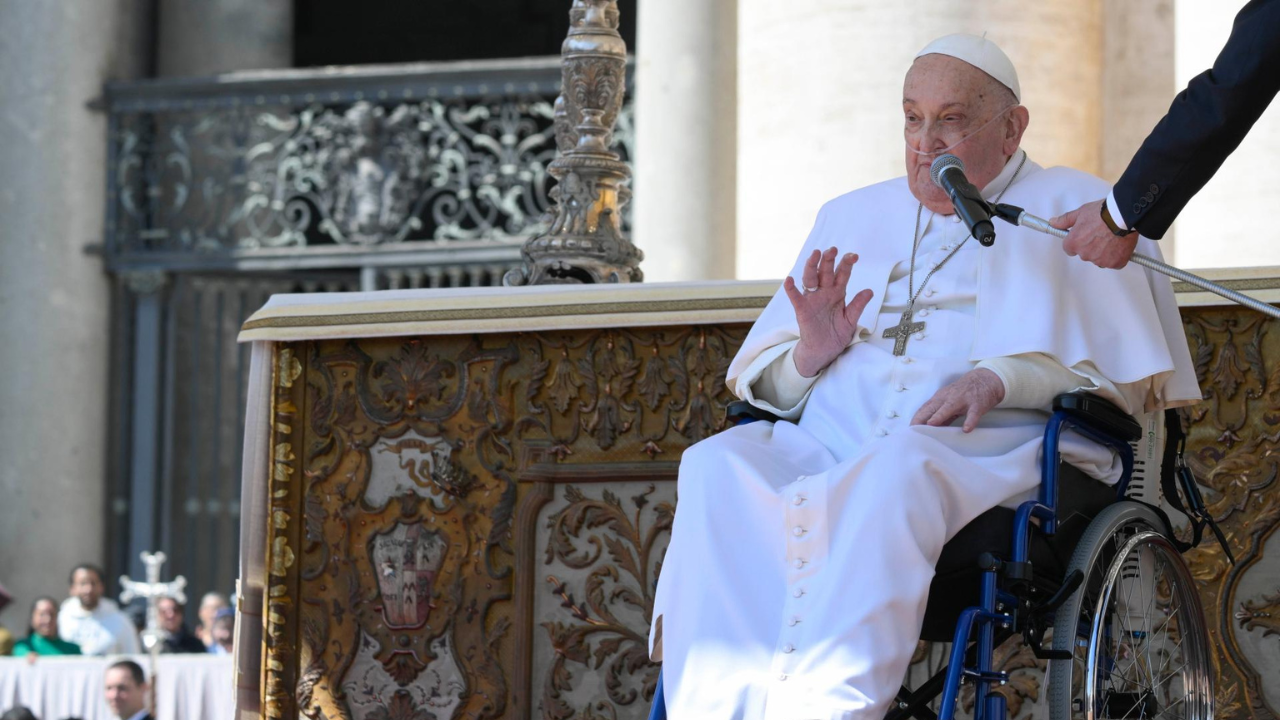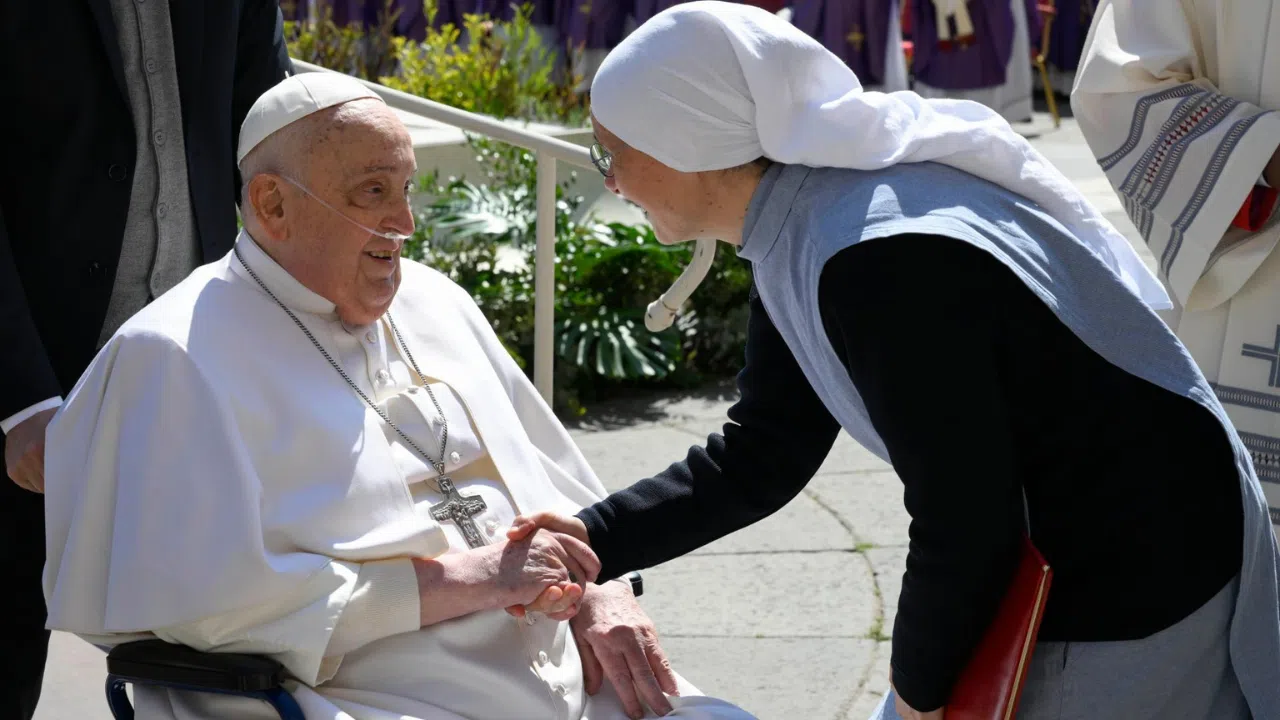The Second Vatican Council made the faithful's active participation in the liturgy easier by pushing for the translation of the Mass texts.
However, this decision wasn't easy to put into practice because translating means running the risk of not being faithful to the original text.
JUAN JOSÉ SILVESTRE
Liturgist
“From 1969 to 2001, the instruction says the audience is more important than the message. If the audience doesn't understand the message, it's not good for anything. That's why, in translating, the audience trumps the message. This is why many vernacular translations are nothing like the Latin, because typical Latin translation is understood as an idea and that idea is reflected in everyday language.”
Responsibility for translating liturgical texts fell on the episcopal conferences. From the Vatican, the Congregation for Divine Worship only had to verify the translation until 2001. In that year, due to many translation errors, the Congregation took on a more demanding role. Sixteen years later, Pope Francis has returned things to their previous state with the Proprio Motu “Magnum Principium.”
JUAN JOSÉ SILVESTRE
Liturgist
“What was he looking for? A return to the situation in which we found ourselves after the Second Vatican Council. In other words, episcopal conferences are responsible for the translations. Therefore, the congregation only has to verify.”
With this Proprio Motu, the pope has established that the Congregation for Divine Worship must not complete a thorough review of the translation to approve it. It must verify it, not deeply review it, because that is the responsibility of the episcopal conferences.

